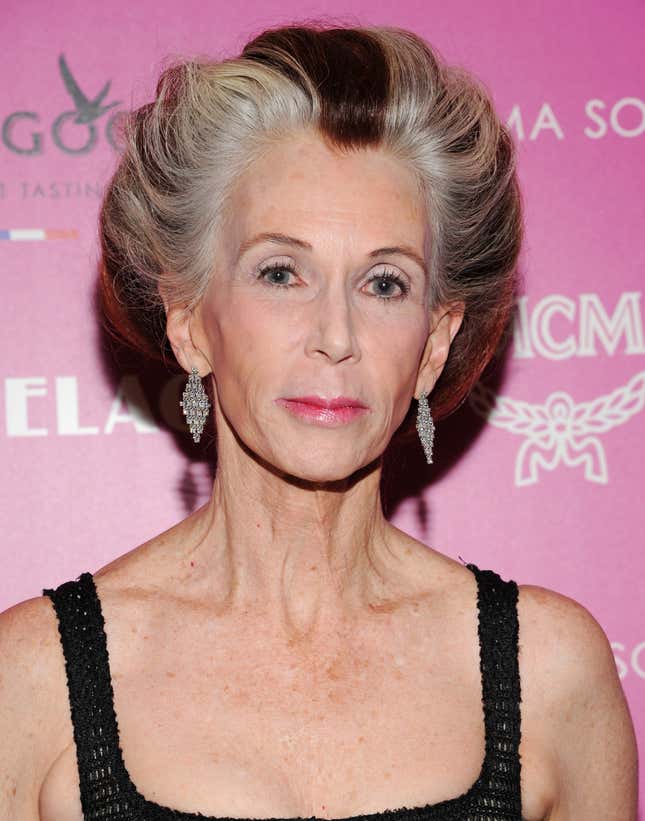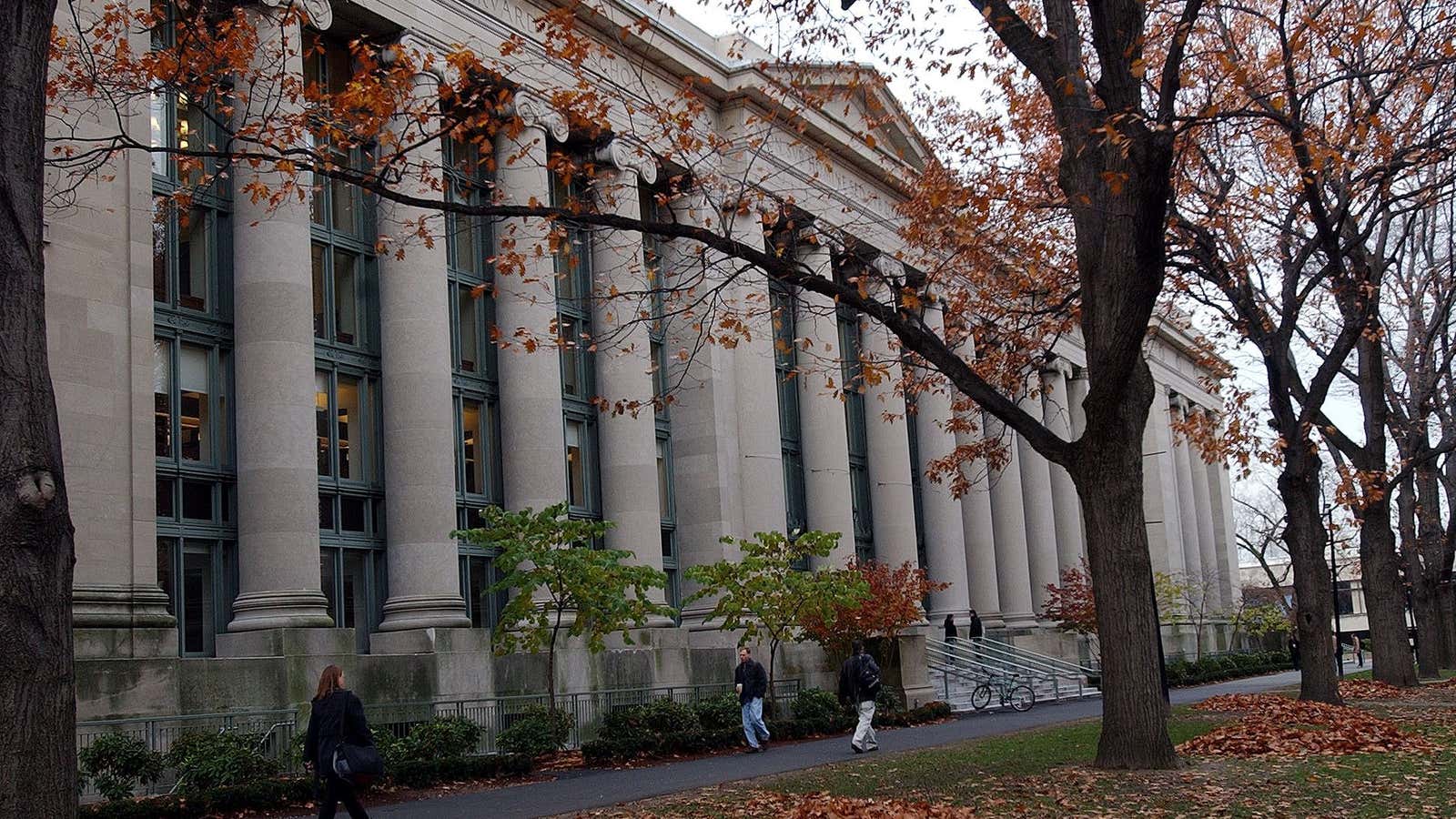Catharine MacKinnon’s work led to the creation of the field of anti-sexual harassment law. A book she wrote in her twenties argued that sexual harassment in the workplace constitutes sexual discrimination—a claim the US Supreme Court later agreed with. And yet, the brilliant lawyer and scholar had trouble securing academic tenure.
In an interview with The New York Times columnist Philip Galanes, which she did with Gretchen Carlson, former Fox News anchor and anti-sexual harassment advocate, MacKinnon talks about her tenure process.
Galanes asks if the “wandering in the desert” as a visiting professor for more than a decade “killed her.”
MacKinnon answers:
It did not kill me. I am right here. I just kept doing what I did. But let’s get realistic: What people do is trim their sails in terms of content. They don’t tell the truth about what’s really happening to women, for example, so they get the job. It never occurred to me to do that. And even though I didn’t get the jobs, there continued to be major fights about appointing me for two decades.
MacKinnon’s work raised a significant amount of controversy—not only drawing objections from men, but from other feminists as well.
In 1989, she was finally offered a tenured position at the University of Michigan in Ann Arbor. At the time, a Chicago Tribune article titled “Women Get High Marks, Low Tenure At Law Schools,” noted that while 41% of US law students were women, only 16% of law school teachers were women. The article observed:
There is an argument by some males-and even a few women-that women have trouble at tenure review because they have “ghettoized” themselves by overspecializing in feminist law, the legitimacy of which is resisted by older, male professors.
Scholars like MacKinnon were viewed as “agitators” and not academics.

In 1993, students at Harvard held rallies in support of giving MacKinnon tenure. In response, a letter to the editors of the student newspaper The Harvard Crimson called her “a longtime advocate of state-enforced censorship and sex discrimination,” and said her writings “reflect a venomous hatred for men as a class, stereotyping all men as rapists, and display contempt for heterosexuals in general.” (The letter’s author was Hans Bader, then second-year law student, and now a Trump administration appointee to the Education Department, a critic of Obama-era policies on campus sexual assault).
Although things have certainly changed, gaps still persist: In 2013, Harvard Law School’s faculty was less than 20% female, with other Ivy League schools faring not much better, according to The Crimson.
In the Times interview, MacKinnon sums up:
Wandering in the desert, as you put it, was my tenure process. And it turns out, in many of those years, I was the most frequently cited scholar writing in English on law. But nobody knew that because the studies hadn’t been done yet.
